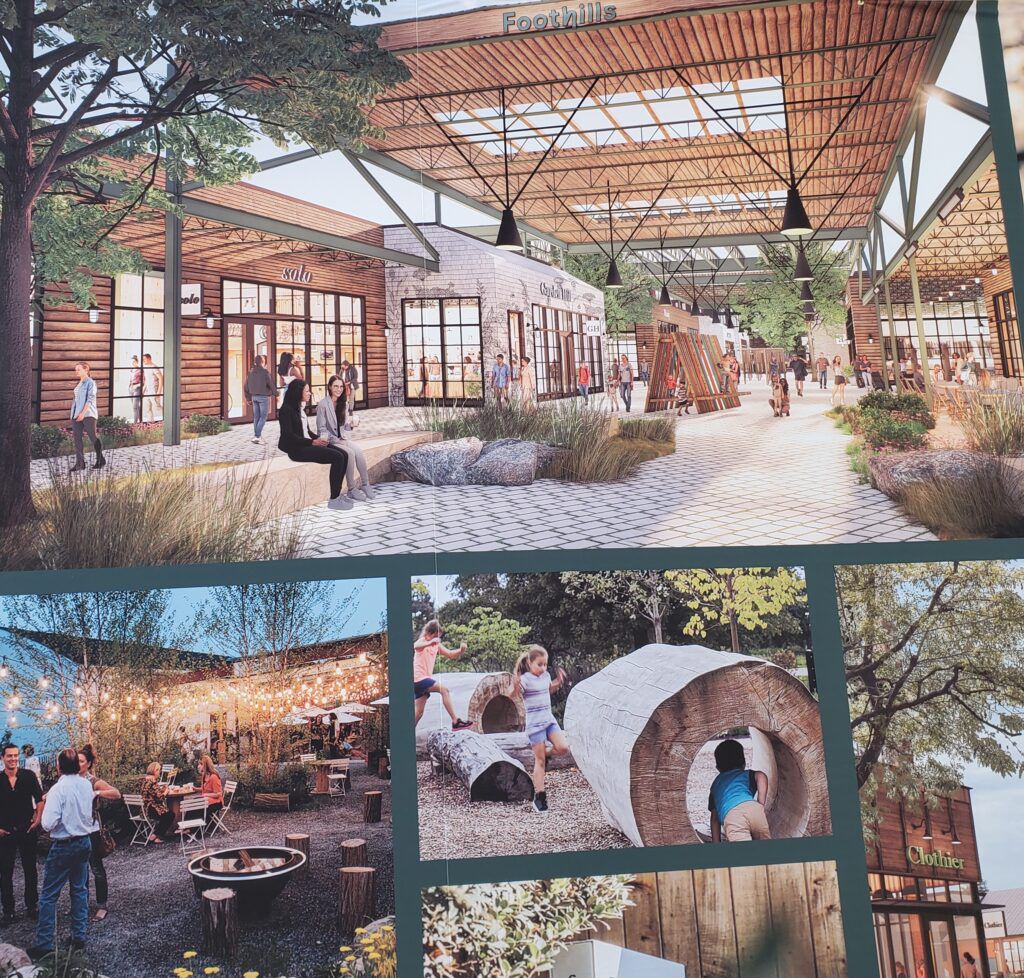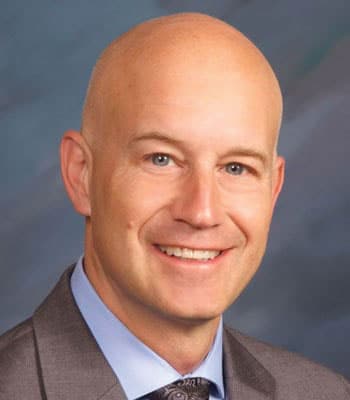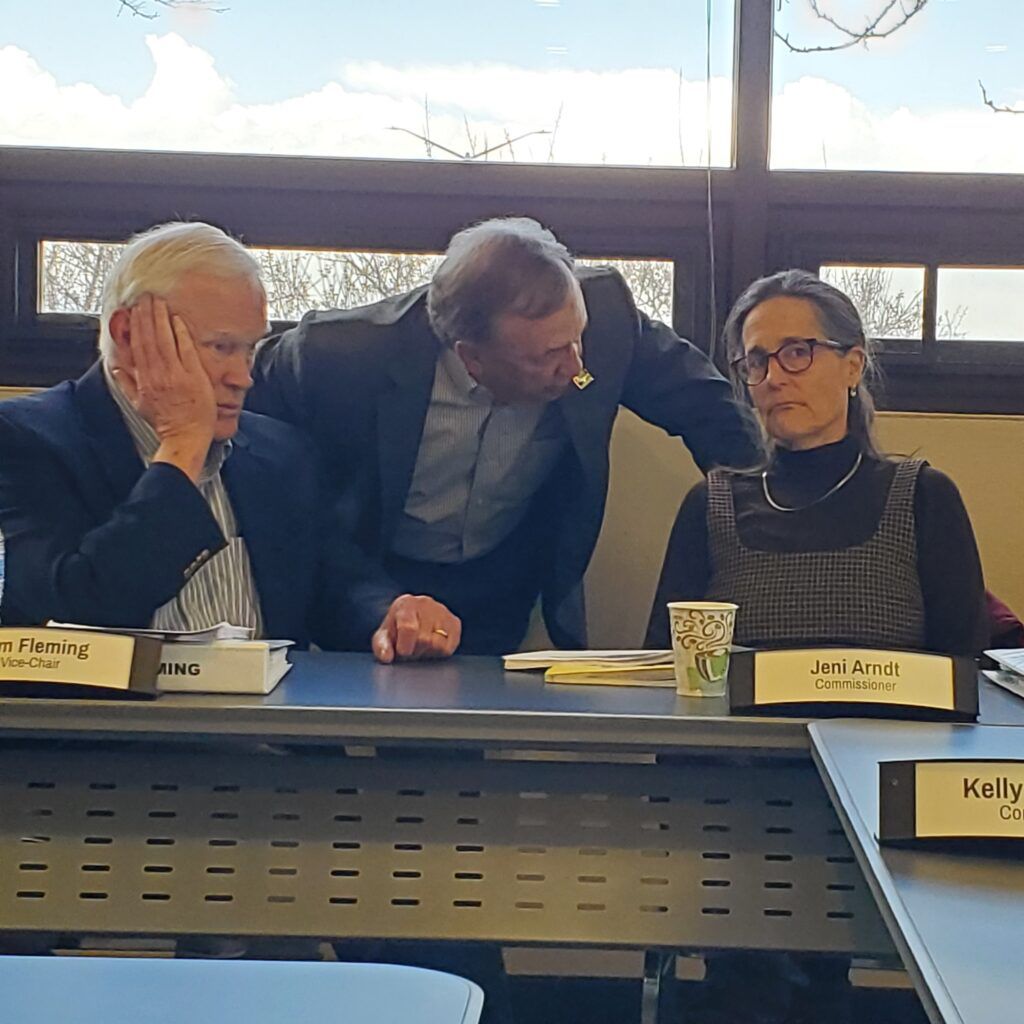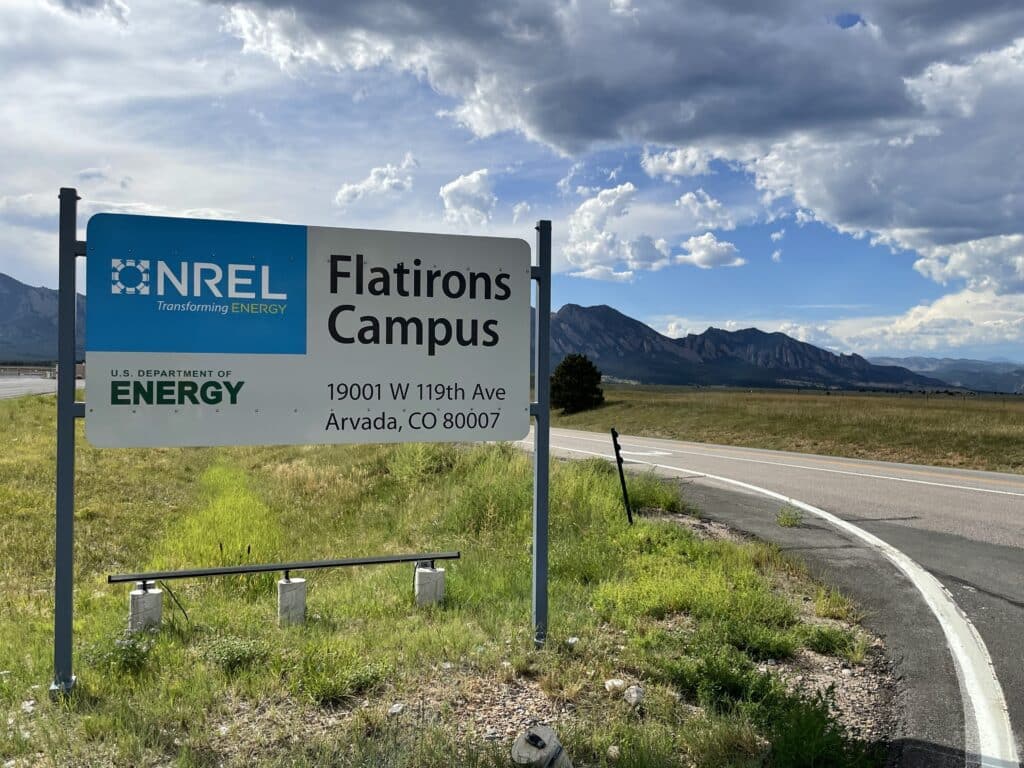Boulder homelessness impact-abatement efforts produce mixed results
BOULDER — Boulder’s homelessness crisis is a complex problem with a variety of causes and effects. For business owners, particularly in neighborhoods around the Pearl Street Mall and University Hill, some of the most obvious effects are customer and employee access and safety concerns, whether real or perceived, related to encampments.
The city has stepped its encampment impacts abatement efforts in recent years, officials said during a broad discussion on homelessness Thursday during a Boulder City Council study session, but problems persist.
Impact abatement is “not a strategy to resolve the underlying issues of homelessness,” Boulder city manager Nuria Rivera-Vandermyde said, but it is important to “make sure all public spaces (can be) accessed by all,” while maintaining compassion for those who are struggling.
“This is really hard taxing work that requires a compassionate eye,” she said, and the resource allocation can be a challenge.
When Boulder’s Safe and Managed Public Spaces (SAMPS) program began its work toward improving that access in earnest in 2021, Boulder Parks and Recreation director Ali Rhodes said it freed up other city staffers to focus on other core park maintenance and improvement duties.
The city has found that about 10% of encampments impede access to public facilities, from bike paths to restaurant entrances.
“There’s been a lot of community concern in recent months about the condition of our public spaces,” Boulder public works director Joe Taddeucci said.
City staffers, volunteers from non-profit groups and downtown ambassadors had been making strides in getting homeless encampments cleaned up and moved by their occupants voluntarily, he said, but that progress might be backsliding.
“We have definitely seen a change in the last four to six months,” Taddeucci said.
Downtown ambassadors make an average of 3,500 contacts with businesses each month, with contacts with hospitality industry operators accounting for about 75% of the total, according to Rhodes.
The University of Colorado will soon begin partnering with the city on those ambassador and business check-in programs around University Hill, she said. “We’re excited to see how that helps.”
Source: BizWest





